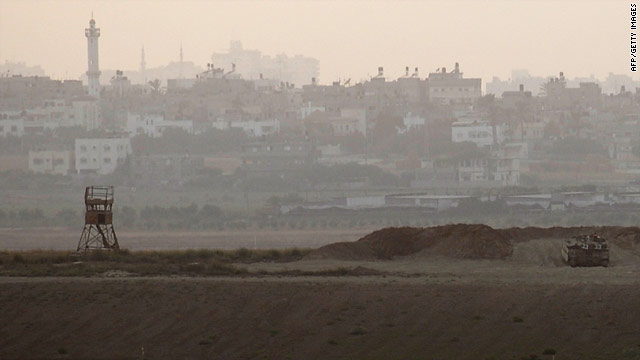By Tyler Yates
Impunity Watch Reporter, Middle East
TRIPOLI, Libya — In the last few days, the world has watched closely as Libya finally began to shake off the last remnants of its Qaddafi problem, and began a new chapter in its history. After six months of intense fighting, the Libyan opposition took control of large parts of Tripoli, Libya’s capital and Qaddafi’s base of operations.
The National Transitional Council (TNC), the recognized face of the opposition, now has the job of picking up the pieces of Libya, and completing its goal for a “free and dignified” Libya.
The TNC derives its legitimacy from the decisions of local councils set up by the people of the cities and villages that have already been “liberated” by the rebel opposition. So far 46 countries have recognized the council as a legitimate governing body, with the notable exceptions being the People’s Republic of China and Russia, both of which had business dealings with Qaddafi’s regime.
Numerous international actors, including foreign governments and human rights organizations, are urging the TNC to take the steps necessary to prevent lawlessness and reprisals from Qaddafi supporters.
“The National Transitional Council has set a good tone for the transition with forceful statements about justice and human rights,” said Sarah Leah Whitson, Middle East and North Africa director of Human Rights Watch. “But concrete steps are urgently needed to avoid revenge, protect vulnerable people and help promote the rule of law.”
So far the TNC is working to prevent revenge killings, but some have already occurred. Human Rights Watch (HRW) has asked the council to step up the security for pro-Qaddafi Libyans, including those who were displaced from rebel territories and those who are accused of serving as mercenaries for Qaddafi.
Despite help from NATO, the job of trying the criminals of the revolution is being laid at the feet of the TNC. State Department Spokesperson Victoria Nuland notes that while Qaddafi and his followers must face justice for all the “blood on their hands” such accountability needs to be “Libyan-led.”
HRW has also asked the TNC to protect all institutions that have become symbols of Qaddafi’s oppression such as the prisons, police stations, courthouses, and other government buildings. Both the TNC and interested international onlookers hope to avoid what happened in Iraq after the fall of Saddam Hussein, when many government buildings were looted and damaged and documents were destroyed.
In response to its new duty, the TNC has issued a call for a unified Libya. They do not want any more civilian deaths in what has already been a deadly conflict.
Further, the TNC has promised to hold elections next April to choose a new permanent government for Libya. This announcement, made by Mustafa Abdel Jalil, the TNC chairman, comes as world leaders prepare to meet to discuss Libya’s future. “We want a democratic government and a just constitution,” Jalil said.
Jalil and other members of the TNC have said that they will not seek office in the elections, but that they will still play a central role in the country’s immediate future.
As Amnesty International has said these are “momentous, but extremely dangerous” days for the people of Libya, but it is hoped by many that cool head will prevail and allow for a peaceful, human transition.
For more information, please see:
Amnesty — Both Sides in Libya conflict must protect detainees from torture — 25 Aug 2011
CNN — Group urges Libyans to respect human rights in transition — 24 Aug 2011
Huffington Post — Libya: a Revolution’s Endgame — 24 Aug 2011
New York Times — Sarkozy Assures Libyan Rebel Leader — 24 Aug 2011
The Telegraph — Libya: leaders promise elections next year — 24 Aug 2011
Voice of America — US Human Rights Groups Urge No Retribution in Libya — 23 Aug 2011



